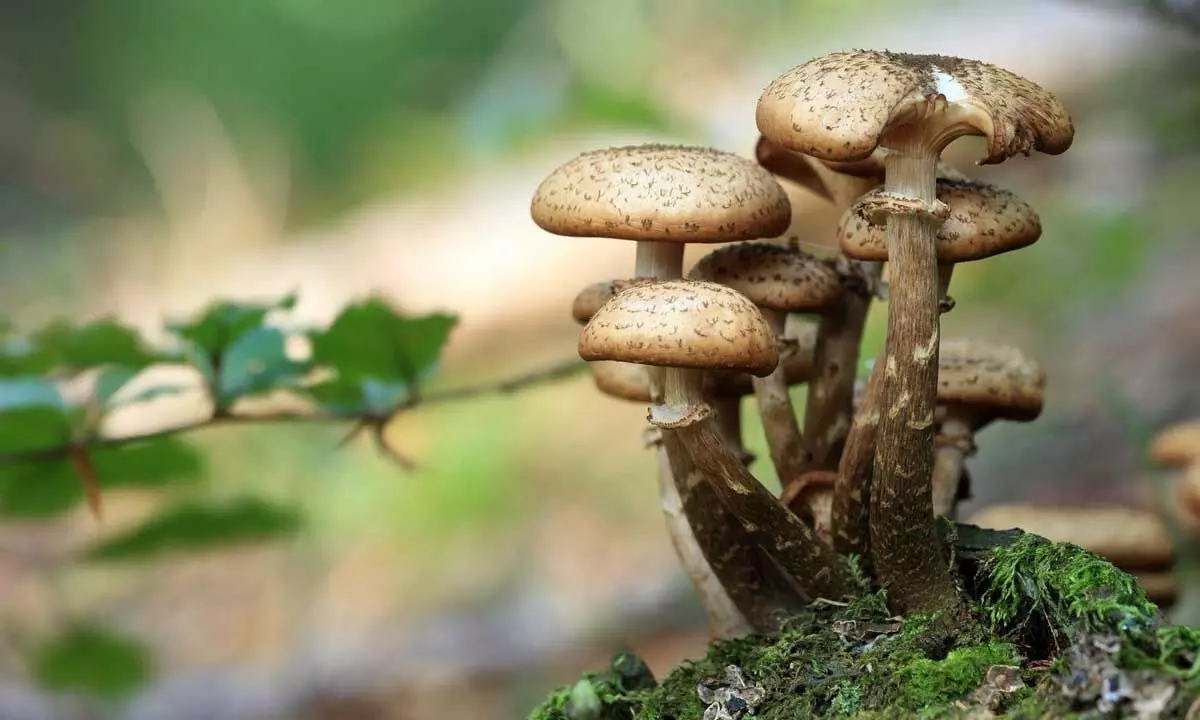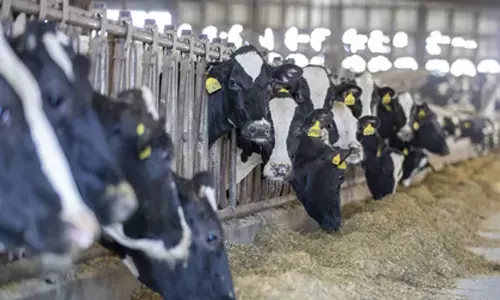Magic mushroom helps 'open up' brains of people with depression: Study

Magic mushroom helps 'open up' brains of people with depression: Study (Photo/IANS)
A psychedelic compound found in psilocybin, commonly known as magic mushrooms, can help to "open up" depressed people's brains, enabling brain regions to talk more freely to one another, finds a study.
London: A psychedelic compound found in psilocybin, commonly known as magic mushrooms, can help to "open up" depressed people's brains, enabling brain regions to talk more freely to one another, finds a study.
Psilocybin is one of a number of psychedelics being explored as a potential therapy for psychiatric disorders. Several studies have trialled a synthesised form of the drug to treat patients with depression and anxiety, with promising results.
A team at Imperial College London's Centre for Psychedelic Research believes to have untangled how psilocybin exerts its therapeutic effects on the brain.
The new results, taken from two combined studies including about 60 adults, reveal that people who responded to psilocybin-assisted therapy showed increased brain connectivity not just during their treatment, but up to three weeks afterwards.
This "opening up" effect was associated with self-reported improvements in their depression.
However, similar changes in brain connectivity were not seen in those treated with a conventional antidepressant (called escitalopram), suggesting the psychedelic works differently in treating depression.
According to the team, the findings, published in the journal Nature Medicine, are a promising advance for psilocybin therapy, with the effects replicated across two studies.
They explain that patterns of brain activity in depression can become rigid and restricted, and that psilocybin could potentially help the brain to break out of this rut in a way that traditional therapies cannot.
"The effect seen with psilocybin is consistent across two studies, related to people getting better, and was not seen with a conventional antidepressant," said Professor Robin Carhart-Harris, from University of California, San Francisco.
"In previous studies we had seen a similar effect in the brain when people were scanned whilst on a psychedelic, but here we're seeing it weeks after treatment for depression, which suggests a acarry over' of the acute drug action," Carhart-Harris, who was former Head of the Imperial Centre for Psychedelic Research.
The researchers added that while follow-up data is still being analysed for participants, initial changes in brain activity one day following treatment were a good predictor of whether a person would still show improvement at six months.
However, they cautioned that patients with depression should not attempt to self-medicate with psilocybin, as taking magic mushrooms or psilocybin in the absence of safeguards may not have a positive outcome.















